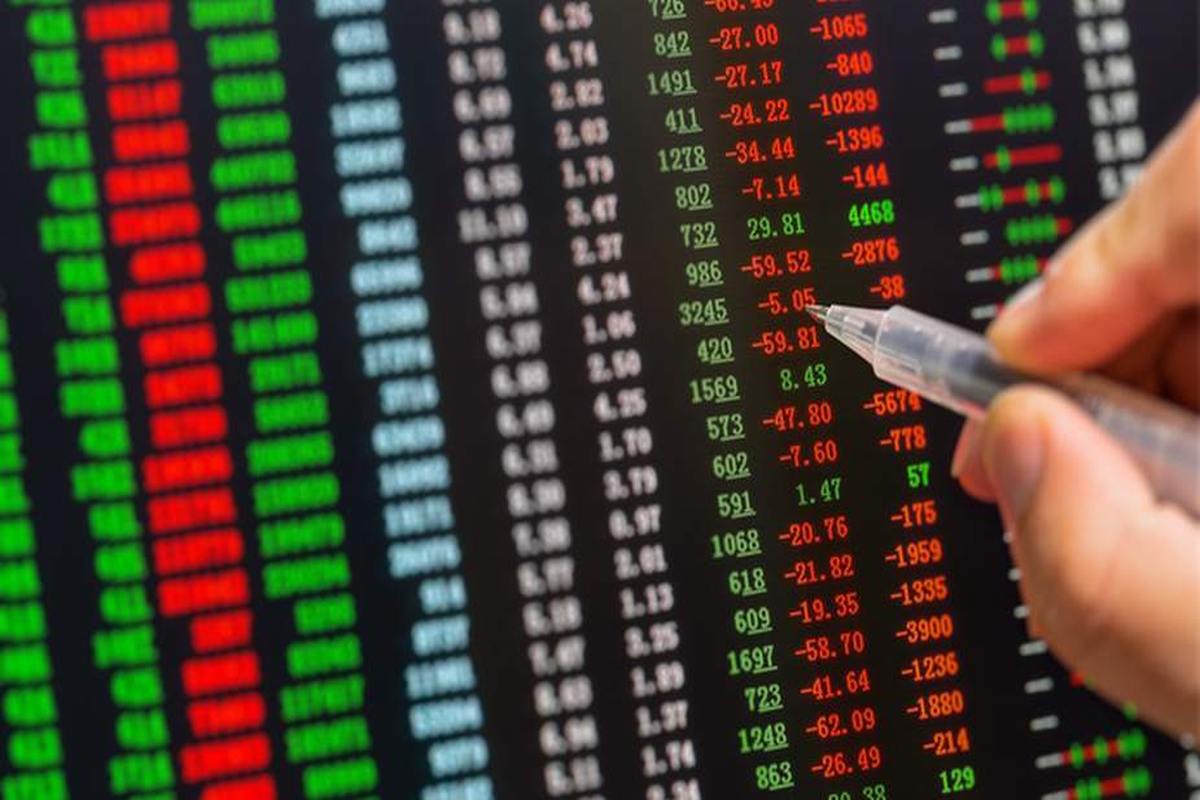Oil Dilemma
India’s growing fuel demand and its call for increased oil output from OPEC+ reflect the country’s evolving energy needs.
Oil markets were the main drivers of decline, as the oil prices plunged about 20 per cent on Monday.

India stocks bearish for 3rd day over monetary policy tightening worries(Photo: Getty Images)
Asian stock market took a nosedive on Monday, amid panic selling by traders due to the fear of coronavirus impacting the global economy and the oil prices plunging after Saudi Arabia made deep price cuts following a failure by OPEC and its allies to strike a deal to support energy markets.
The two main contracts were both down about 20 per cent in morning Asian trade, with West Texas Intermediate sliding to around USD 32 a barrel and Brent crude to some USD 36 a barrel.
Advertisement
Bloomberg News reported on Sunday that Saudi Arabia had begun an all-out oil war after making the biggest cut in its oil prices in the last 20 years.
Advertisement
The Gulf powerhouse cut its price for April delivery by USD 4-6 a barrel to Asia and USD 7 to the United States, with Aramco selling its Arabian Light at an unprecedented USD 10.25 a barrel less than Brent to Europe, Bloomberg said.
The Saudi cuts were in response to a failure by OPEC and its allies to clinch a deal on production cuts.
The OPEC+ meeting was expected to agree to deeper cuts of 1.5 million barrels per day to counter the effects of the novel coronavirus, but Moscow refused to tighten supply.
In India, Sensex sank 1,129.65 pts to 36,446.97 in opening session while Nifty plunges 318.95 points to 10,670.50.
The Japanese market tanked by mid-morning with the benchmark Nikkei 225 index falling 5.10 per cent or 1,058.06 points to 19,691.6. The broader index Topix fell down by 5.01 per cent or 73.69 points to 1,397.77.
Meanwhile, Hong Kong stocks dived down by 3.8 per cent to open with. Australia’s market fell off by around five per cent.
New Zealand and South Korea’s equity market were slightly better off by going down just under three per cent.
While the Asian giant China already facing the brunt of coronavirus also saw a fall in the benchmark Shanghai Composite Index with a dive of 1.56 per cent.
The benchmark Philippine stock exchange index also suffered a drop of nearly four per cent.
Extreme volatility was witnessed in the foreign exchange index as well, with traders buying the yen while selling off the dollar amid uncertainty over coronavirus in the United States.
“Fears over the virus’s impact on the global economy and a plummet in US yields had investors seeking the safe-haven yen,” news agency AFP quoted Marito Ueda, senior trader at FX Prime, as saying.
“It is essentially flight from the dollar,” he added.
With the buying of the yen which led to the fall in Japanese stocks, saw in fall in the shares of Nissan and Sony with went down more than five per cent and Toyota down 3.60 per cent.
Banking stocks also saw a fall with Sumitomo Mitsui Financial down nearly four per cent and Mitsubishi UFJ Financial off by almost five per cent.
Stephen Innes, chief market strategist at AxiCo, said the markets were suffering from a perfect storm of factors.
“The yen surged… at the market open this week as investors dove into safe havens on accelerating COVID-19 cases in Europe, and as Saudi Arabia triggers a price war for oil, adding another level of unwanted panic to a market already thick with fear,” AFP quoted him as saying.
The dollar fetched 104.15 yen in early Tokyo time, after dipping to around 103.83 yen in Sydney time, the lowest level since November 2016. That compares with 105.40 yen in New York late Friday.
With the data out showing a decline in the Japanese economy even before the outbreak of the coronavirus with its gross domestic product during the October-December quarter was revised down to a contraction of 1.8 per cent, compared to an earlier estimate of 1.6 per cent.
“Unfortunately, any recovery in Q1 has been nipped in the bud by the global spread of the coronavirus,” said Tom Learnmouth, Japan economist at Capital Economics.
(With inputs from AFP and PTI)
Advertisement